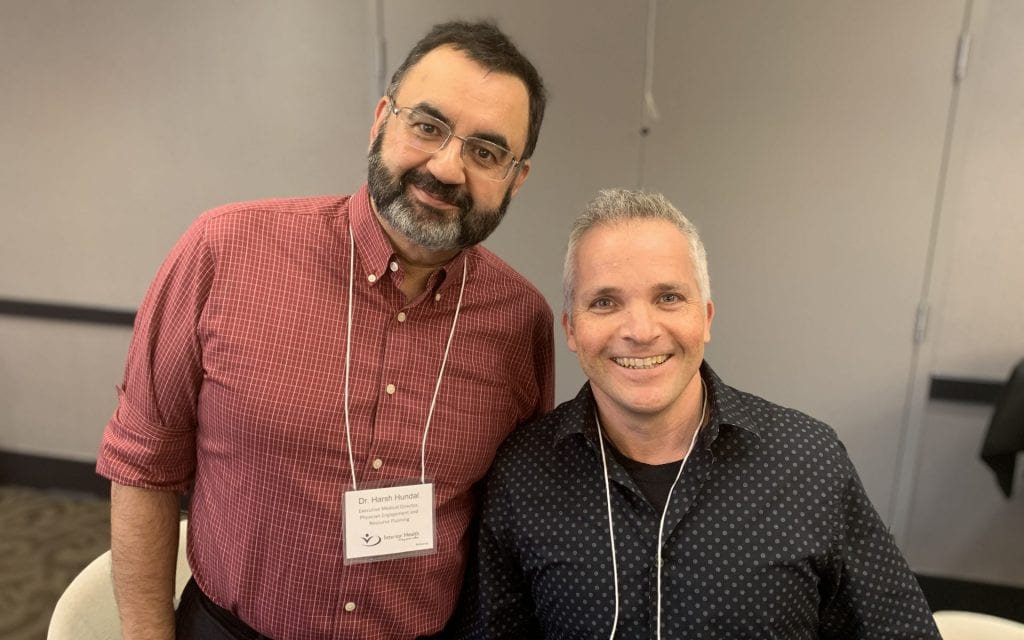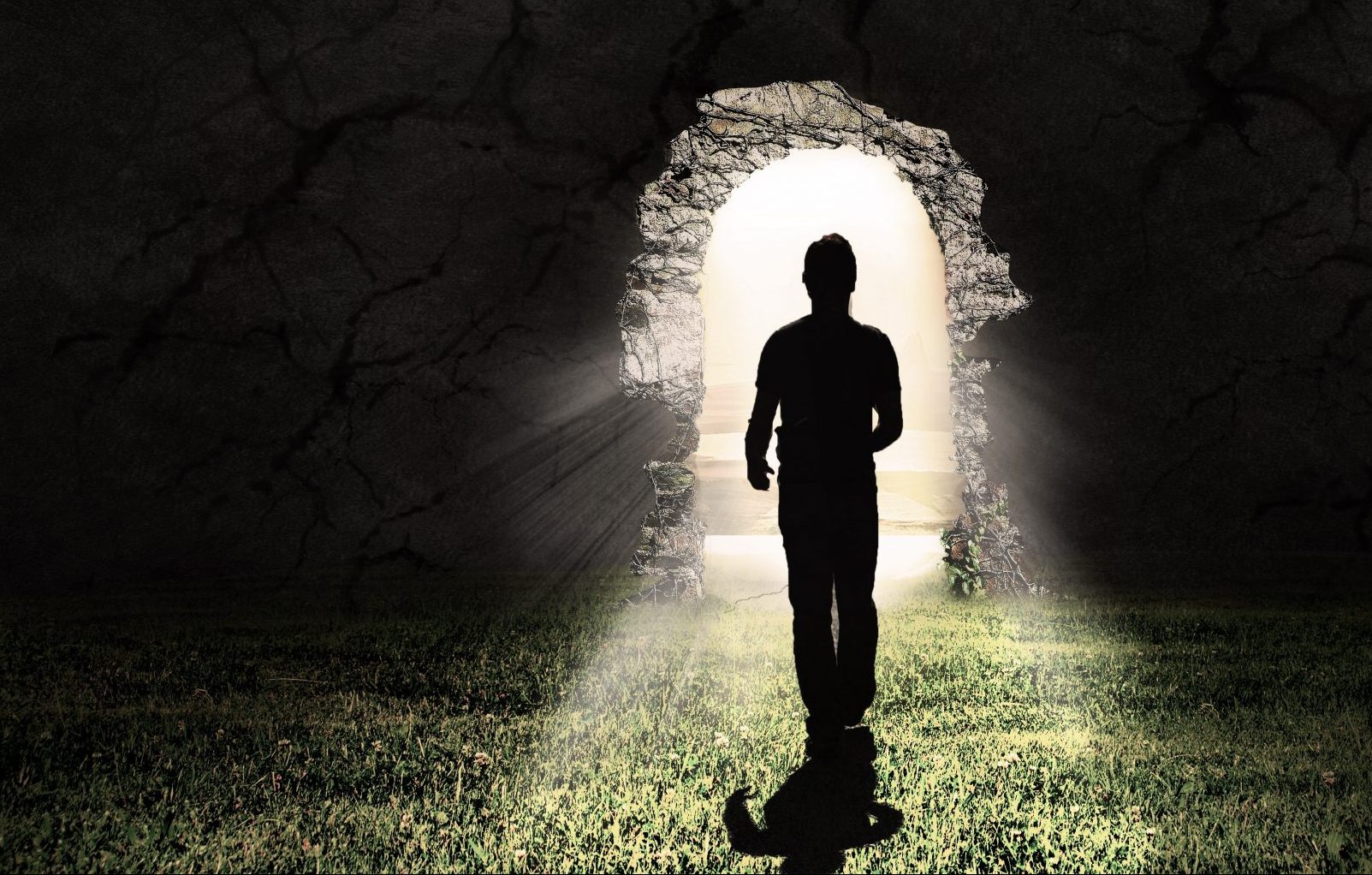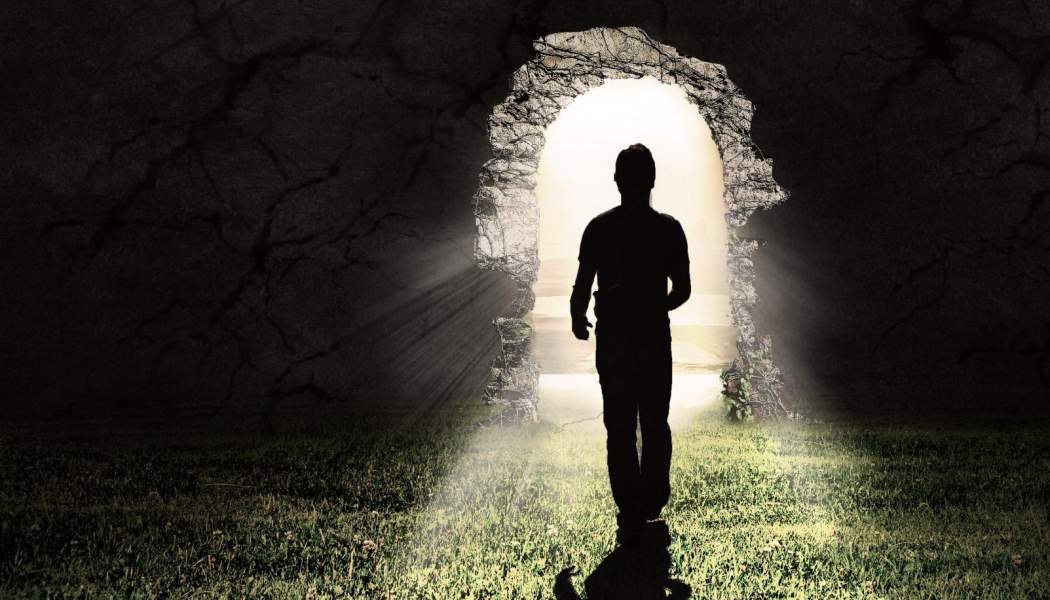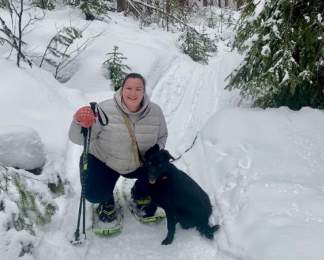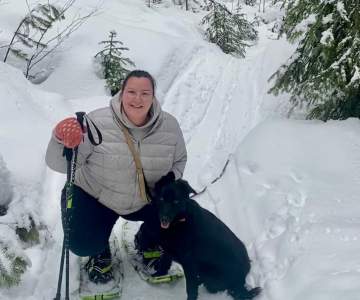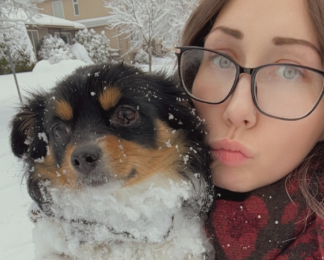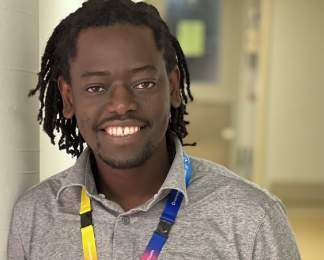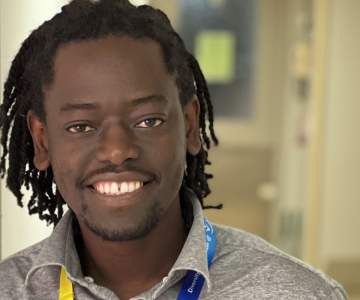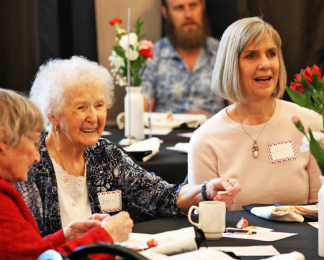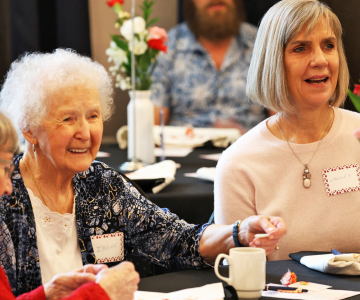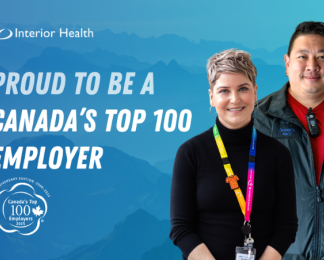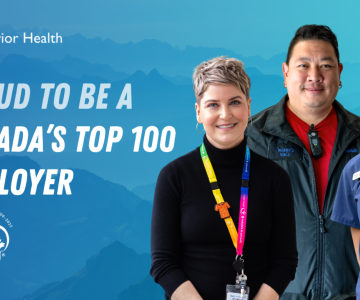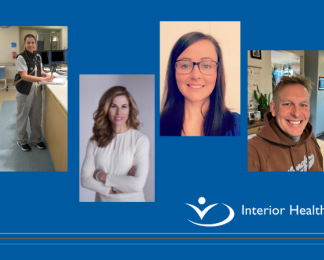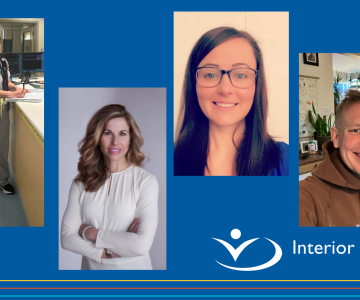A psychiatrist who has worked with challenging patients for 17 years without one violent incident might be excused for forgetting all safety protocols when a teenage patient suddenly attacked him.
Dr. Michael Ocana learned many lessons that day, six months ago, and he has been sharing them with his colleagues in hopes of helping them avoid the potential negative consequences of such an event. He also hopes to help them avoid a similar situation.
Dr. Ocana has experience with trauma specific therapies, which gave him the opportunity to put theory into practice on himself.
Violence in the workplace is not uncommon for health-care professionals. Security protocols and equipment are in place to keep people safe, but sometimes the unexpected happens.
For Dr. Ocana, his automatic response was to act as though nothing much had happened. Initially, he didn’t talk to anyone, not the staff on the floor, not his colleagues, not his wife.
As he reflects back now, he wonders if he felt embarrassed that he didn’t predict his patient’s behaviour. He admits he felt shame for not pushing the Code White button or immediately telling clinicians on the floor about the assault.
As he began relating the story to physicians at a recent leadership conference, Dr. Ocana appeared relaxed, but then, abruptly drawing in his breath, he said, “Whoa, here we go.”
It’s still not easy for him to go back in time to that day.
The youth he was treating was psychotic when he first came to hospital. He had glaring eyes and spit aggressively when approached. He couldn’t speak in a coherent sentence. As time went on, though, therapy and medication began to work.
When Dr. Ocana returned after a vacation, the team in charge of the teenager’s care told him how well he was doing. The youth appeared relaxed and approachable. He didn’t hesitate to ask the youth to come into his office for a one-to-one catch-up on the past couple of weeks.
“He responded fluidly to my questions. His words made sense. Hearing him talk in complete sentences was reassuring that he was making good progress.”
But then the conversation turned heated when they disagreed over medication options.
“He looked up and the next I knew, he was moving through space toward me. It’s all a blur. All I know is my arm must have come up. I saw my pen broken on the ground. I think I yelled. I don’t know what he yelled and then he was back in the chair.”
I asked him, “what the hell was that?” and he answered, “I’m frustrated.”
Taking a break from his story, Dr. Ocana told the room: “This would have been a good time to push the button,” referring to the Code White alarm on his desk. He didn’t. It didn’t cross his mind. Instead, he started to walk the youth back to the unit, regardless of the fact they had to pass through a locked space between two double doors.
“I should have called for security. I had to go around him to get to the door.”
As Dr. Ocana walked by him, the teenager hit him across the face with a backhanded swing.
“What stands out in my mind even now is the expression of pure rage on his face.”
He managed to swipe the door and send the young man back into the unit.
“It wasn’t a good decision to send a kid who’d just acted violently back into a room full of other kids. I didn’t think of that. I didn’t think to give the staff a heads up. I just walked back to my office, sat down and looked out the window.”
“When I went back into the unit, there he was chatting to the nurse with no sign of anger. I walked into the nurses’ station and said I’d been assaulted. Then I had to file an incident report.”
As he thinks back now, he knows he was basically in shock for the rest of the day.
“Your ability to function is impaired, but it’s amazing what you can do on autopilot.”
No one realized he was in emotional trouble since he told no one and as a result, no one reached out to him.
“I was the leader of the unit. I felt responsible. A person naturally wants to rise to that opportunity. In our roles, we want to fix things and the idea we might be vulnerable and need help is quite foreign. It’s part of our culture – it’s difficult to ask for help.”
When they learned about the incident, many people did say, “I’m sorry that happened. If you need help, give me a call.” But it wasn’t until his nurse educator asked how he was doing that he admitted. “I’m pretty shaken up right now.”
He remains grateful to her for her response.
“She pulled up a chair and told me about her own experience and how it affected her.”
That vulnerability gave him permission to start talking to people. He talked to his wife, he told his friends and colleagues and little by little he felt himself able to process what had happened.
“The neurochemistry of shame is to disconnect and avoid being noticed.”
As well as speaking to colleagues with expertise in trauma, Dr. Ocana scaled back his work a little, but he didn’t isolate himself to home.
“I took it easy on myself and by talking to some people, I got back to myself. In fact my practice and personal life has never been better, which is nice to be able to say!”
He is more aware today of the importance of creating a culture of health and safety in the workplace. He said since that day when he stared violence in the face, he has carried the alarm and is prepared to use it.
“I’ve had two false alarms where I pushed it accidentally, but everyone came. It worked and that was a relief.”
